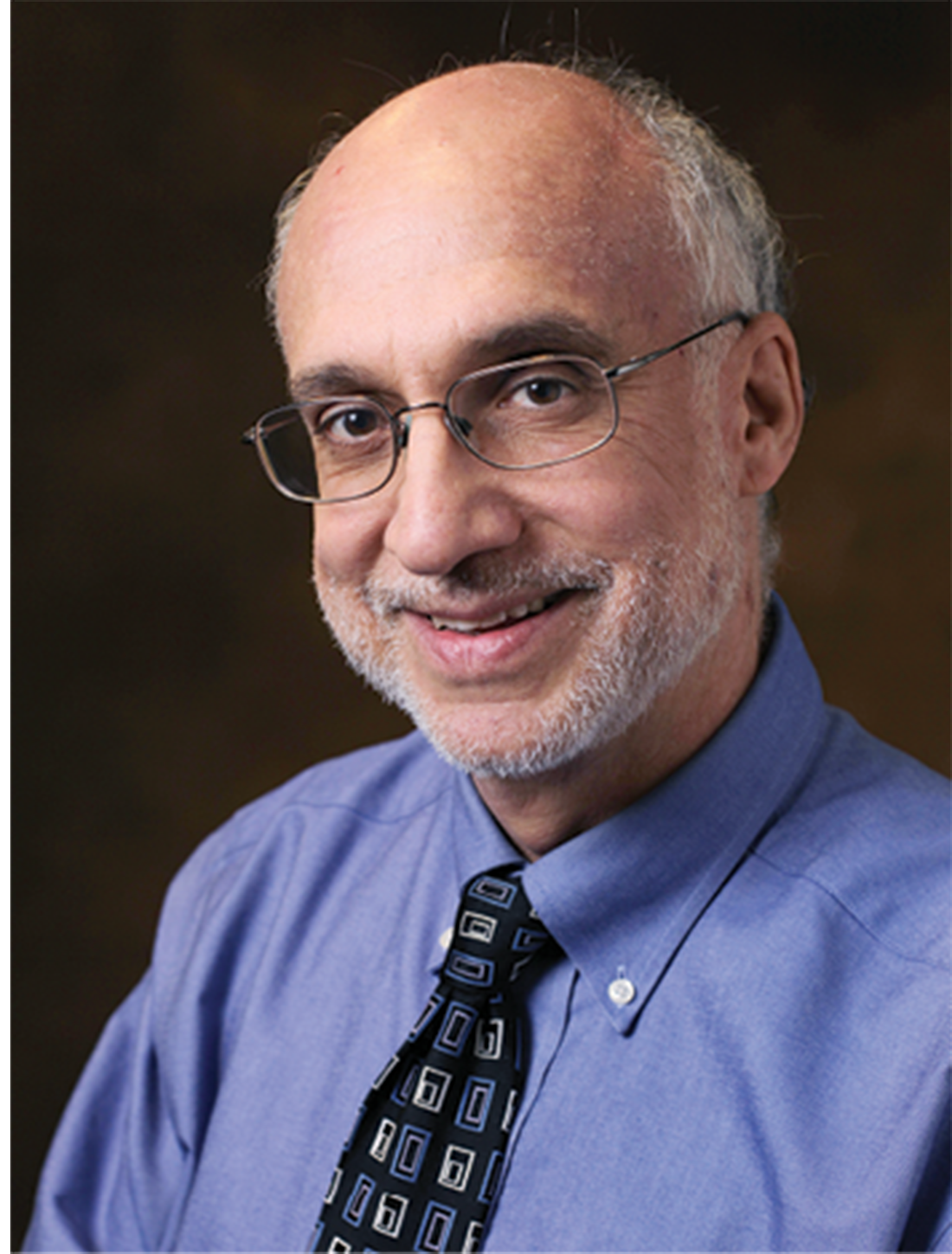Dream for Light Years, a two-year collaboration between Ali Smith, a California-based contemporary artist, and Michael Alec Rose, an associate professor of composition at the Blair School of Music, can now be enjoyed online.
The opening for the exhibition at the Vanderbilt Fine Arts Gallery has been postponed until an unknown future date due to the gallery’s closure during the global novel coronavirus disease outbreak.

The “seeds” for the exhibition began in April 2018, when Rose emailed Smith seeking permission to create “a suite of pieces responding to a few of [her] paintings.” Rose had never met Smith or viewed her canvases in person, but he had been a fan since first encountering Smith’s artworks in a 2007 issue of New American Paintings. Smith responded enthusiastically to his request, which set off continued correspondence and collaboration between the artist and musician.
“Visual artists and composers have long engaged in dynamic dialogues,” said Emily Weiner, interim curator of the Fine Arts Gallery. “The exchange of musical ideas and visual aesthetics were famously vibrant in the collaborations between Claude Monet and Claude Debussy as well as other artists of the 19th and 20th centuries.”
This spring, the gallery prepared to host Dream for Light Years, an exhibition of oil paintings by Smith and the debut performance of Rose’s composition—made specifically with Smith’s large-scale canvases in mind. Unfortunately, COVID-19 required the exhibition in be suspended until a future date.
However, Smith’s paintings for Dream for Light Years can be viewed online in a video recorded at the Fine Arts Gallery with Rose’s accompanying original music.
A quartet of distinguished Blair School faculty—Molly Barth, assistant professor of flute, Stephen Miahky, Joseph Joachim Professor of Violin, Jeremy Wilson, associate professor of trombone, and Felix Wang, professor of cello, performed Rose’s composition, amidst Smith’s paintings, prior to the scheduled opening. John Warren, film artist and lecturer in the Department of Art, is producing an extended video that will include their performance.
Still images of Smith’s work in the catalog designed for the exhibition can be viewed online.
“We are excited that Smith and Rose have provided a window into their highly creative and collaborative process,” Weiner said. “The inspiring video demonstrates how one art form can give sustained attention to another, while attempting to translate not only the specific features, but also the essence of an artwork, from the language of one medium to another.”
A panel discussion with Smith and Rose and moderator Leonard Folgarait, professor of the history of art, is being planned for later this spring at a date to be announced later.